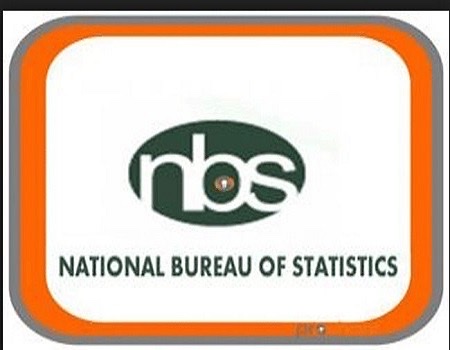As Nigeria grapples with soaring inflation rates, food and cement vendors in the Federal Capital Territory (FCT), Abuja, have responded by hiking prices on their commodities.
A market survey conducted by the Saturday Tribune on Friday revealed significant price increases across various food items. In Kuje and Goza markets, the cost of a measure (modu) of white garri has surged from N600 to N800, while red garri now sells for N1000, up from N800 per “modu”. Additionally, the price of tomatoes has risen from N200 to N300 per pan, and pepper is now priced starting from N100 upwards.
Mrs. Musa, a market seller, explained that wholesalers have consistently raised prices, attributing the increases to higher costs from farmers. Alhaji Abdul Mustapha echoed similar sentiments, noting that farmers are facing challenges due to insecurity and increased transportation costs to bring produce to market.
In addition to escalating food prices, the cost of cement has also surged, with a 50-kilogram bag now selling for between N10,000 and N15,000. An online media market survey conducted in Gwarimpa, Area 10, Kubwa, Lugbe, and Dawaki corroborated these findings, reporting Dangote cement selling for N10,000 and BUA cement for N15,000 per 50kg bag.
According to the National Bureau of Statistics (NBS), Nigeria’s inflation rate climbed to 29.90 percent in January 2024 from 28.92 percent in December 2024. Food inflation in January 2024 stood at 35.41 percent year-on-year, marking an 11.10 percent increase compared to January 2023.
The NBS attributed the rise in food inflation to increases in the prices of bread and cereals, potatoes, yam and other tubers, oil and fat, fish, meat, fruit, coffee, tea, and cocoa.
On a month-on-month basis, food inflation in January 2024 rose by 3.21 percent, higher than the 2.72 percent recorded in December 2023. The average annual rate of food inflation for the twelve months ending January 2024 increased to 28.91 percent from 21.53 percent in January 2023.
The NBS noted regional disparities, with Kogi, Kwara, and Rivers experiencing the highest food inflation rates, while Bauchi, Adamawa, and Kano saw slower rises. On a month-on-month basis, Ondo, Osun, and Edo recorded the highest food inflation rates, while Bayelsa, Yobe, and Ogun saw slower increases.


